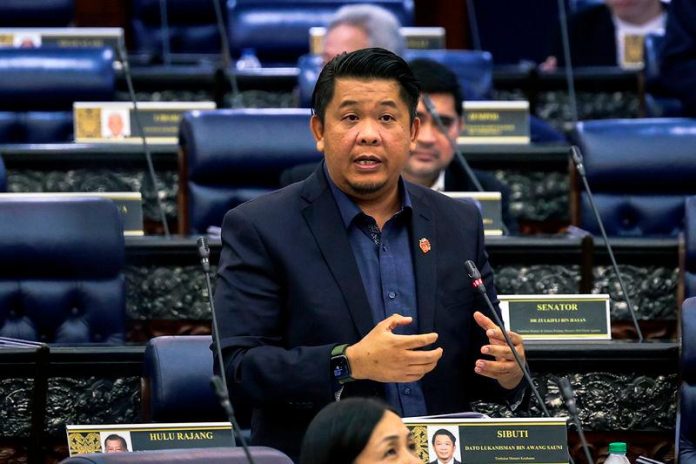KUALA LUMPUR: Artificial intelligence (AI) holds significant potential in Malaysia’s healthcare system, particularly in enhancing screening and diagnostics, the Dewan Rakyat was told today.
Deputy Health Minister Datuk Lukanisman Awang Sauni said many studies have focused on AI applications in chest X-ray screenings, offering a more cost-effective alternative.
Citing a recent study, he said AI-assisted chest X-rays demonstrated a higher sensitivity rate of 56.4 to 95.7 per cent compared to radiologists, who achieved a sensitivity of 23.2 to 76 per cent in detecting lung nodules, while maintaining comparable specificity.
“A 2022 health technology assessment by the Malaysian Health Technology Assessment Section (MaHTAS) also found that AI integration in chest X-ray analysis helped radiology trainees improve detection rates by 15.5 per cent, from 54.7 per cent of cases requiring further Computed Tomography (CT) scans,” he said during the Dewan Rakyat’s question-and-answer session today.
Lukanisman was responding to a question from Mohd Hasnizan Harun (PN-Hulu Selangor) regarding the preliminary findings of AI-assisted radiology studies, its potential in detecting diseases like cancer, and its impact on reducing long-term treatment costs for both patients and the Ministry of Health (MoH).
Lukanisman also said that AI technology is expected to help reduce long-term treatment costs for both patients and the government by improving early screening, expediting diagnostics, minimising missed diagnoses in facilities without radiology specialists, and enabling more targeted treatments.
“A study on AI’s diagnostic performance in mammogram screenings for breast cancer—conducted on 434 digital mammograms—showed significant improvements across all evaluator groups, including experienced radiologists and trainees.
“With AI assistance, radiologists consistently achieved higher sensitivity rates (88 per cent with AI compared to 86.5 per cent without AI). Furthermore, a study by Ramli Hamid et al. (2024) confirmed that AI-assisted mammograms improved diagnostic accuracy and reduced unnecessary biopsy procedures,” he said.
To further explore AI’s applications, Lukanisman said the Ministry of Health, through the National Institutes of Health (NIH), is conducting a comprehensive study on AI technology, with pilot research currently underway at the Cyberjaya, Kajang and Putrajaya hospitals.
“We also hope for greater participation from both the public and private sectors to invest in AI-related research,“ he added.








